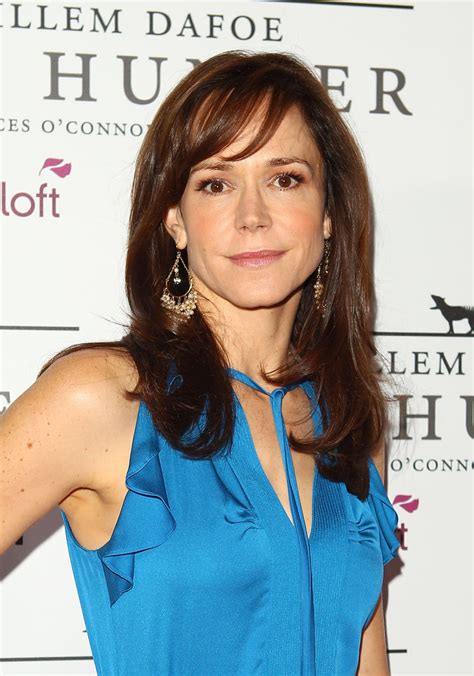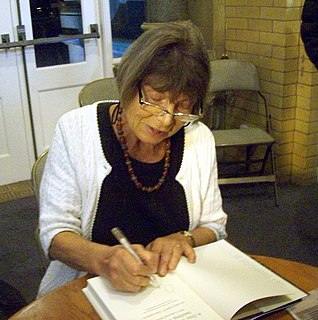A Quote by Terry Eagleton
Poetry is the most subtle of the literary arts, and students grow more ingenious by the year at avoiding it. If they can nip around Milton, duck under Blake and collapse gratefully into the arms of Jane Austen, a lot of them will.
Related Quotes
Here was a woman about the year 1800 writing without hate, without bitterness, without fear, without protest, without preaching. That was how Shakespeare wrote, I thought, looking at Antony and Cleopatra; and when people compare Shakespeare and Jane Austen, they may mean that the minds of both had consumed all impediments; and for that reason we do not know Jane Austen and we do not know Shakespeare, and for that reason Jane Austen pervades every word that she wrote, and so does Shakespeare.
I am a Jane Austenite, and therefore slightly imbecile about Jane Austen. My fatuous expression, and airs of personal immunity-how ill they sit on the face, say,of a Stevensonian! But Jane Austen is so different. She is my favourite author! I read and reread, the mouth open and the mind closed. Shut up in measureless content, I greet her by the name of most kind hostess, while criticism slumbers.
And I love Jane Austen's use of language too--the way she takes her time to develop a phrase and gives it room to grow, so that these clever, complex statements form slowly and then bloom in my mind. Beethoven does the same thing with his cadence and phrasing and structure. It's a fact: Jane Austen is musical. And so's Yeats. And Wordsworth. All the great writers are musical.
It is a shallow criticism that would define poetry as confined to literary productions in rhyme and meter rhythm. The written poem is only poetry talking, and the statue, the picture, and the musical composition are poetry acting. Milton and Goethe, at their desks, were not more truly poets than Phidias with his chisel, Raphael at his easel, or deaf Beethoven bending over his piano, inventing and producing strains, which he himself could never hope to hear.


































